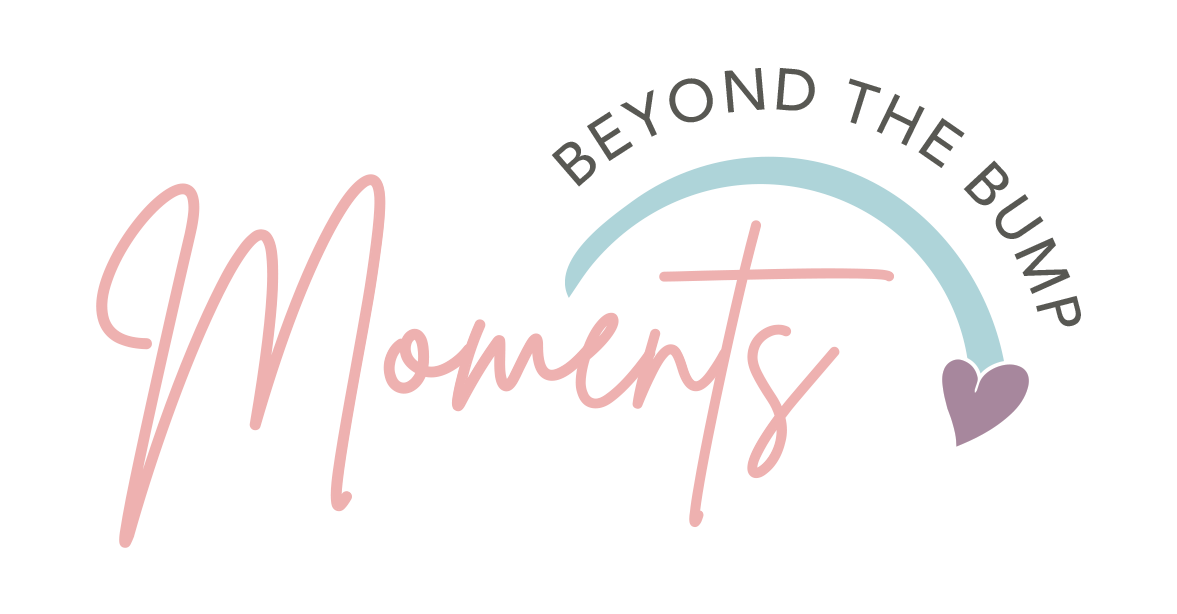The Power of Self-Care
When you become a parent, everything changes—your body, your sleep, your relationships, your priorities. In the thick of diapers, feedings, and unpredictable schedules, it’s easy to put your own needs last. But here’s the truth: self-care isn’t a luxury in postpartum. It’s a necessity.
What Is Self-Care, Really?
Self-care isn’t just spa days or expensive treats (though those are great if you can get them). It’s any intentional act that supports your physical, mental, or emotional well-being. In the postpartum period, that might look like:
Asking for help without guilt
Nourishing your body with food and rest
Taking a shower and changing into clean clothes
Saying “no” to visitors when you’re not up for company
Talking to a friend who gets it
Seeking professional support when things feel heavy
Self-care is about recognizing your own needs—and responding to them with compassion.
Why Self-Care Is Essential After Birth
1. Your Body Is Healing
Giving birth is a massive physical event. Whether you had a vaginal delivery or a cesarean, your body is recovering from trauma, hormonal shifts, blood loss, and the physical toll of pregnancy. That healing takes time—and energy. Prioritizing rest, hydration, gentle movement, and nourishment supports true recovery.
2. Mental Health Deserves Attention
The postpartum period is often called the "fourth trimester" for a reason. Hormones are fluctuating, sleep is disrupted, and your identity is shifting. It’s a vulnerable time—and one where anxiety, depression, or overwhelm can creep in unnoticed. Making space for your mental and emotional health is just as important as tending to your baby’s needs.
3. Burnout Is Real
When you’re constantly pouring from an empty cup, exhaustion turns into resentment. Resentment turns into disconnection. Self-care helps you refill your cup—so you can show up for your baby and yourself without losing your sense of self in the process.
4. Modeling Matters
Whether your baby is a newborn or you’re parenting older children, how you treat yourself sets the tone. Children grow up watching how we care for others and how we care for ourselves. Showing them that your needs matter, too, helps them learn that theirs do as well.
What Self-Care Can Look Like in Real Life
In postpartum, self-care may not look glamorous—but it is powerful. It might mean:
Eating a hot meal while someone else holds the baby
Taking 10 minutes to sit in silence
Journaling about what you’re feeling
Getting outside for fresh air
Going to pelvic floor therapy
Letting your partner take the next night wake-up
Saying “yes” to help without feeling like you owe someone
The key? It’s not about what you do—it’s about how it makes you feel. Self-care should leave you feeling more grounded, not more burdened.
Permission to Prioritize Yourself
You are allowed to take care of yourself. Not just so you can care for your baby—but because you matter.
Your needs didn’t disappear when your baby was born. They became even more important.
So this month—and every month—let self-care be a declaration:
🖤 That you are still a whole person. 🖤 That your healing matters. 🖤 That rest is not a reward—it’s a right.
A Gentle Reminder
Self-care in postpartum doesn’t have to be perfect. It just has to be intentional. And it doesn’t need to be done alone.
If you’re in the thick of it and don’t know where to start, that’s okay. Start small. Reach out. Ask for help. Give yourself grace.
You’re doing enough. You are enough. And you deserve the same love and care you give so freely to everyone else.
